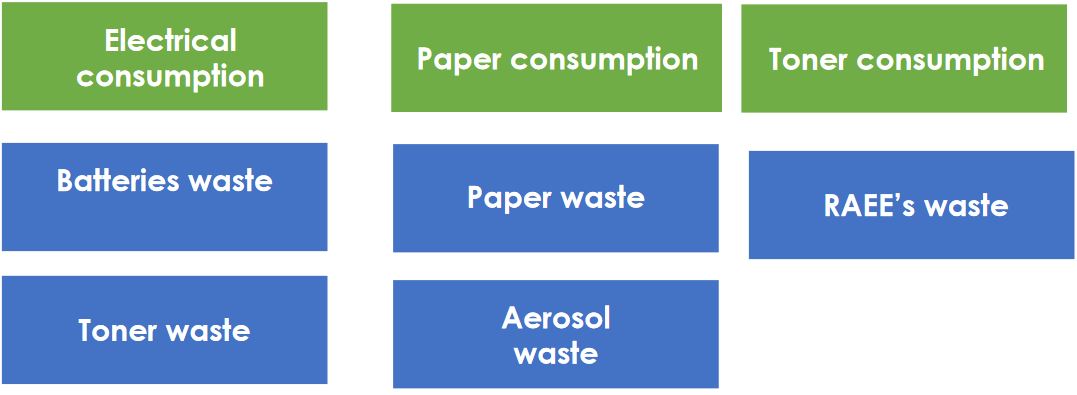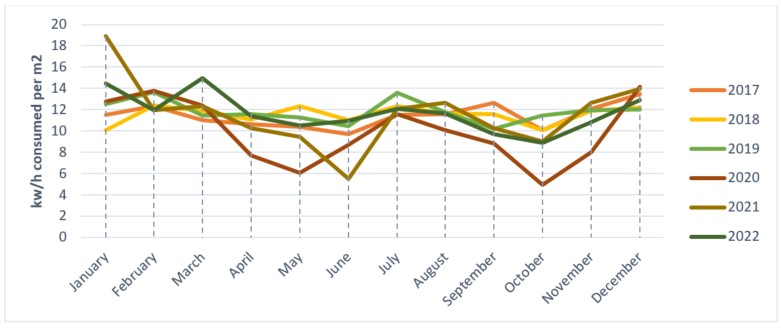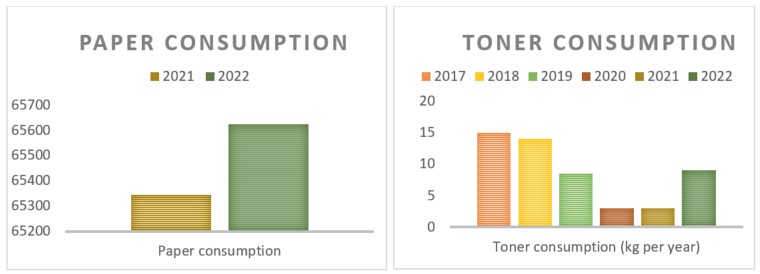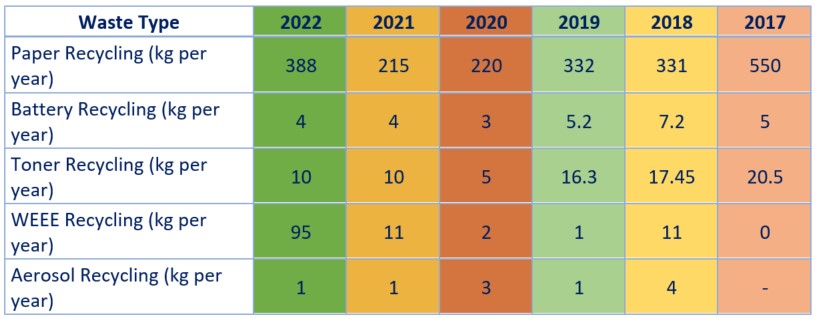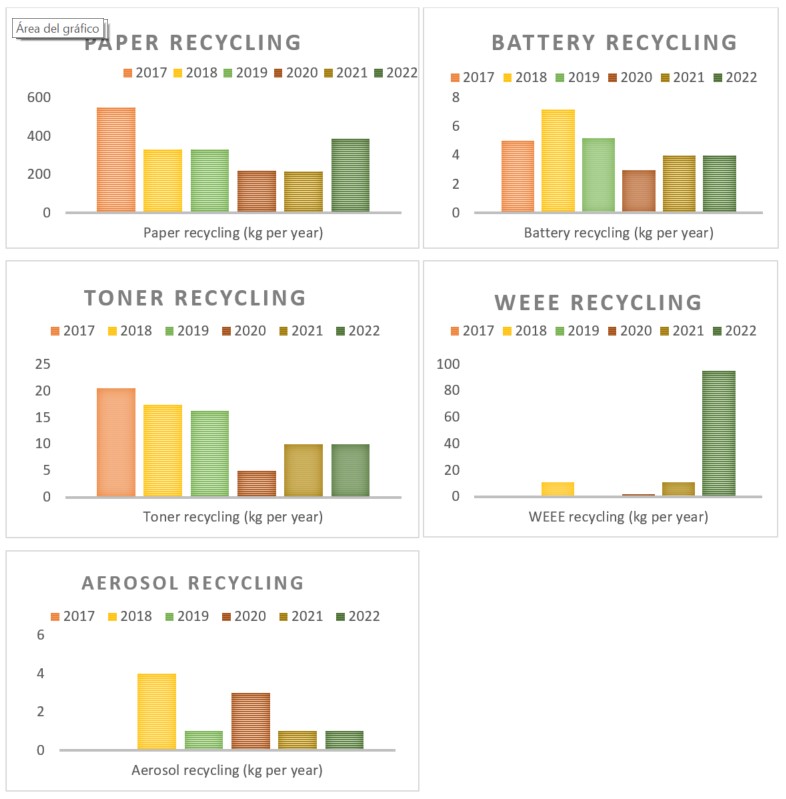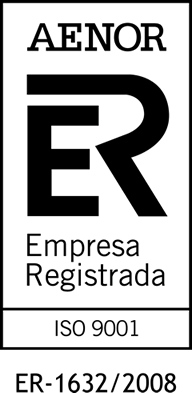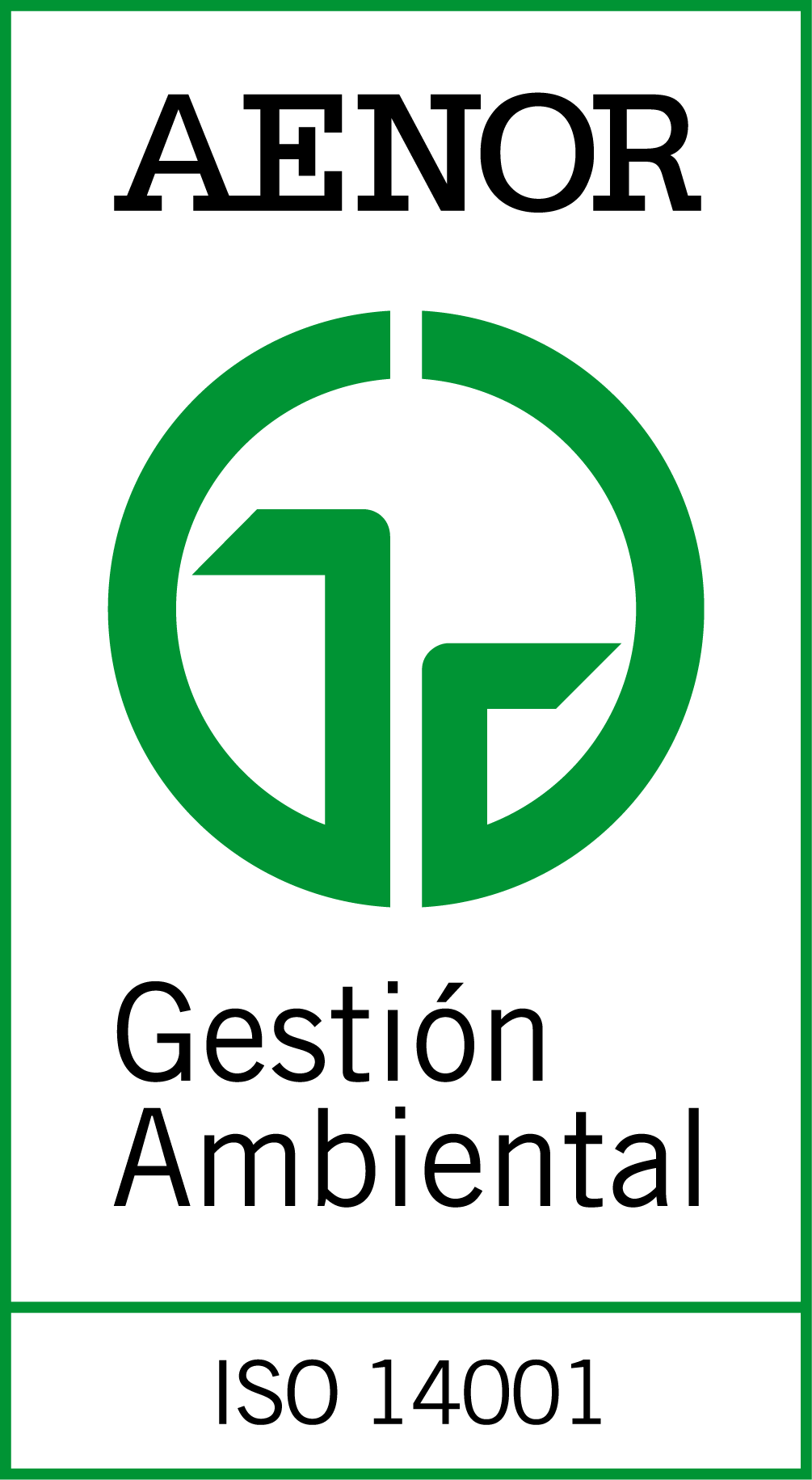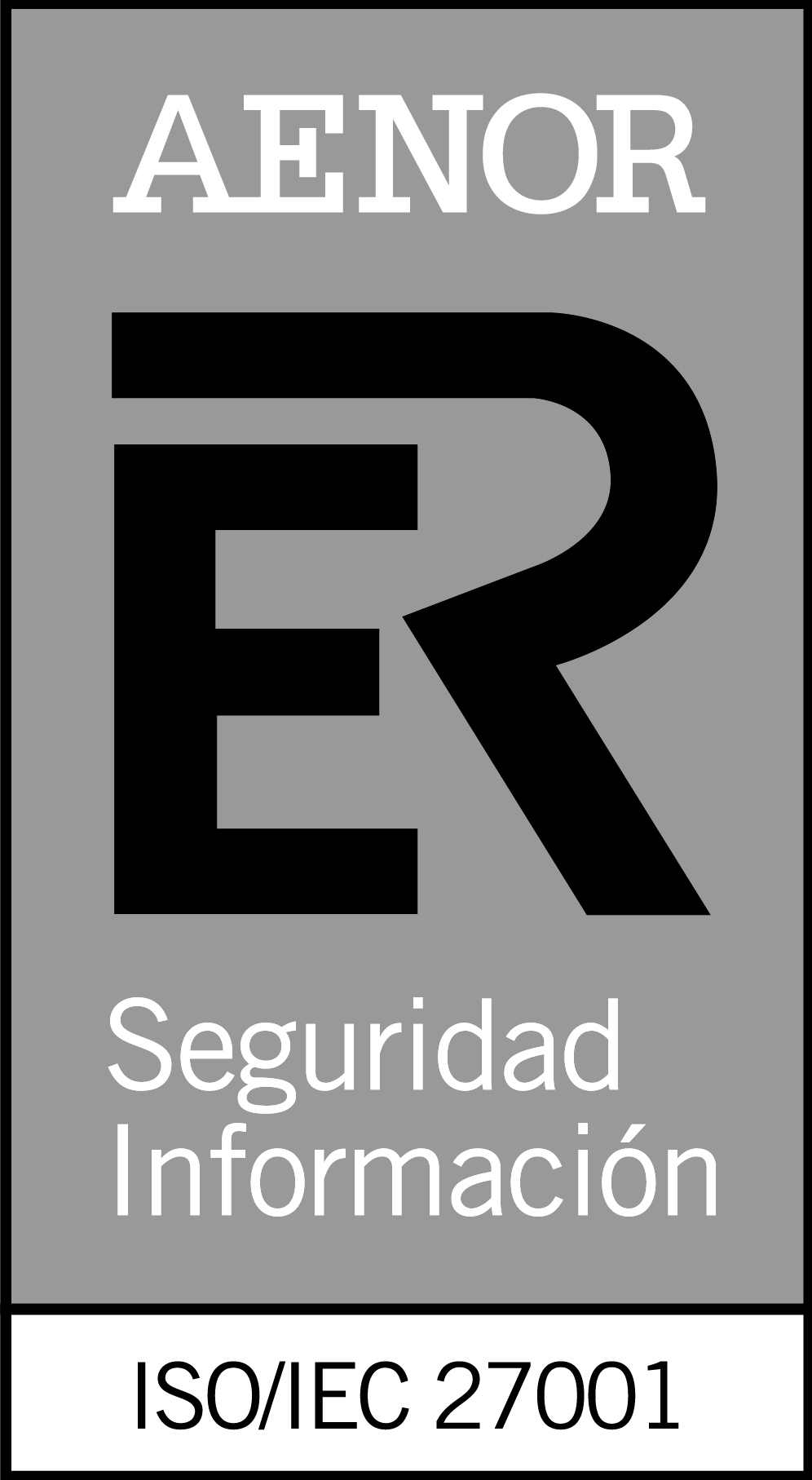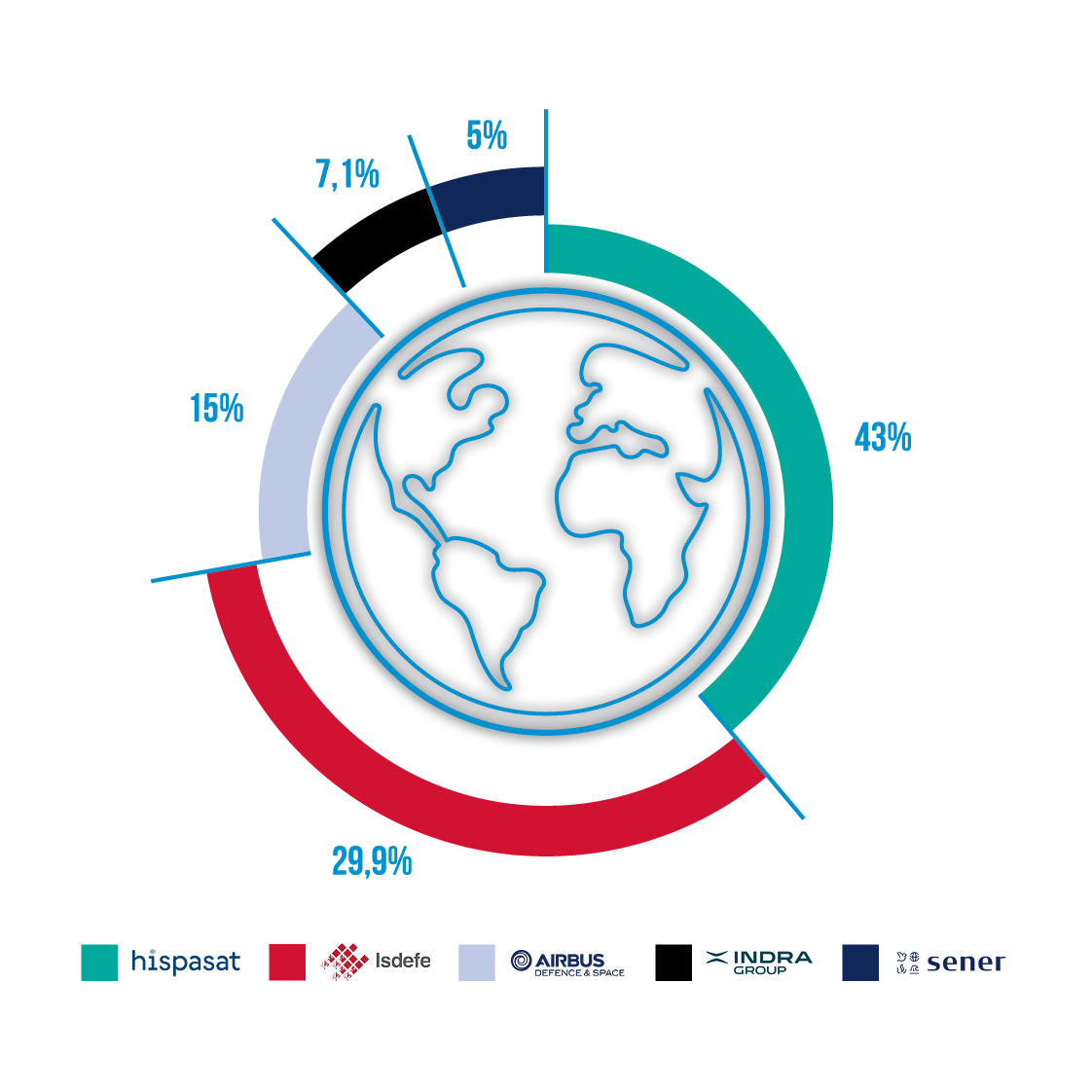hisdeSAT Code of Ethics
Index
In line with its Code of Ethics, HISDESAT provides you with the following form which can be used to submit notifications.
1. IDENTIFICATION
1.1 Purpose.
1.2 Applicability
1.3 Scope
2. DEFINITIONS
3. CONTENTS
3.1 Responsibilities
3.2 HISDESAT’s Governing Principles
3.3 Conduct guidelines for HISDESAT’s Governing Principles
3.3.1 We rely on the ethical principles of integrity, honesty and transparency, maintaining at all times a behaviour that is based on good faith.
3.3.2 We comply with applicable legislation and HISDESAT’s internal regulations
3.3.2.1. Compliance with the United Nations Global Compact
3.3.2.2. Fight against corruption
3.3.2.3. Prevention of money laundering and financing of terrorism
3.3.2.4. Compliance with accounting/ financial legislation
3.3.2.5. Compliance with tax/ fiscal legislation
3.3.2.6. Personal Data Protection
3.3.2.7 Protection of intellectual and industrial property
3.3.2.8 Protection of Competition
3.3.3 We avoid that the personal situations of Subject Persons may enter in conflict, either directly or indirectly, with HISDESAT’s interests
3.3.4 We treat information with the utmost rigour
3.3.5 We use and protect the Company’s assets in an appropriate manner.
3.3.6 We guarantee equal opportunities and do not discriminate against HISDESAT’s stakeholders
3.3.6.1 Relationship with employees
3.3.6.2 Relationship with clients
3.3.6.3 Relationship with suppliers
3.3.6.4 Relationship with public administrations
3.3.6.5 Relationship with partners/ investors and non-profit entities
3.3.7 We guarantee the non-retaliation in light of any query/ notification, provided that these are made in good faith
3.4 HISDESAT’s Code of Ethics’ knowledge and formation
3.5 Compliance with HISDESAT’s Code of Ethics
3.6 Information channels
3.7 Internal control
4. FILING
5. REFERENCE DOCUMENTATION
INTRODUCTION
This Code has been approved by the Board of Directors of HISDESAT, in order to identify the ethical principles and values that must guide the behaviour of the Company’s employees, representatives of HISDESAT, S.A. and third party professionals who collaborate in the development of the Company’s business and activities; additionally, they must guide the relationships with the Company’s suppliers, clients, distributors and both national and foreign Government representatives.
As an organisation that is ethical, socially responsible and respectful of the environment, the Company gives the utmost importance to the fair treatment of employees, clients and suppliers, authorities, investors and the general public. Furthermore, HISDESAT formally expresses its condemnation of any type of corruption and its firm commitment to compliance with legality.
HISDESAT shall watch over the real and effective implementation of the principles established under its Code of Ethics.
In the event of any doubts regarding HISDESAT’s Code of Ethics, a consultation may be made using the available channels as detailed in this Code.
1. IDENTIFICATION
1.1. Purpose.
The purpose of this policy is:
- To establish general action and behaviour guidelines.
- To define the reference and mandatory ethical framework, which must govern the work and professional behaviour of the persons subject to the Code of Ethics.
- To create a reference behaviour policy for those stakeholders that have a relationship with HISDESAT (collaborators, suppliers, clients, shareholders, partners, affiliated companies, etc).
1.2 Applicability
This Code of Ethics is applicable to:
- All HISDESAT employees, including the directors, hereinafter Subject Persons.
- All members of the Board of Directors, hereinafter, Subject Persons.
- The different stakeholder groups with whom HISDESAT operates in the meaning established in the following paragraph.
1.3 Scope
The scope of application of this policy are all Persons Subject to HISDESAT’s Code of Ethics (Subject Persons), as defined in the applicability section above, whom shall in turn make it known to the different stakeholders with whom they operate within their areas.

2. DEFINITIONS
Shareholder: Individual or institution that owns one or more shares in the Company.
HISDESAT assets: HISDESAT’s assets consist of movable property, shares and/or participations, money, equipment, vehicles, tools, IT equipment, software, trademarks, domains, industrial and intellectual property, company information, the knowledge and product of the work of employees, etc.
Good faith: Firm belief by the Subject Persons that they are acting correctly.
HISDESAT’s Code of Ethics: HISDESAT’s Code of Ethics is HISDASAT’s main policy that establishes the mandatory general action guidelines for all persons included in the scope of this document. No internal regulation of the Company may contradict its stipulations.
Consultation: The raising of any doubt/concern in relation to the behaviour of Subject Persons or persons who form part of HISDESAT’s stakeholder groups, with regard to compliance with HISDESAT’s Code of Ethics, its regulations and/or internal implementing rules.
HISDESAT, S.A. stakeholder groups: Entities or individuals whose interests are significantly influenced by HISDESAT’s activities, and whose actions may affect the Company’s capacity to successfully carry out its strategies and achieve its objectives. HISDESAT’s stakeholder groups consist of suppliers, clients, shareholders, collaborators, investors, public administrations and non-profit organisations.
Confidential Information: Any information, either written or verbal, which contains, including, but not limited to, technical, financial and commercial information, models, names of possible clients or partners, commercial operations, proposals, compilations, comparisons, studies or other documents whose disclosure could damage, either directly or indirectly, the owner of such confidential information.
Legislation: Regulations established by any public authority.
Internal rules: Rules, procedures, protocols, instructions and any documentation self-imposed by HISDESAT, which develops the behaviour guidelines, as defined in HISDESAT’s Code of Ethics, including the Code of Ethics.
Notifications: Communications by the Subject Persons or by the stakeholder groups of cases of non-compliance or risk of non-compliance of the Code of Ethics, or its implementing rules.
Related Persons: For the purpose of implementation of this Code, Related Persons are the following:
- Spouses or other persons with a similar affective relationship, unless they only affect their private holdings.
- Dependent children.
- Any other relatives that live with them or are their dependents for at least one year prior to the date of the transaction.
- Companies or legal entities in which they occupy a management position or are responsible for its management or they have been created for their benefit or have similar economic interests or they effectively control them under the terms established by the Securities Market Act.
- Intermediary persons or those with whom they act in concert.
Implementing legislation and/ or Implementing regulations: These are the rules that develop the Code of Ethics in order to expand its information and adapt it to the Company.
Information and communications systems: These consist of IT systems, Internet, electronic mail and telephony as well as any other information and communications technology provided by HISDESAT either currently or in the future.
Partner/ investor: A person that signs a partnership agreement with another person, and who also contributes capital or services or professional expertise in order to have a participation in the profits.

3. CONTENTS
3.1. Responsibilities
HISDESAT’s Board of Directors
Amongst the duties of HISDESAT’s Board of Directors are the following:
The approval of HISDESAT’s Code of Ethics as well as all substantial amendments to the Code.
The approval of the Internal Regulations or implementing rules as appropriate.
The creation of an Ethics and Crime Prevention Committee.
Chief Compliance Officer
The Chief Compliance Officer shall be the maximum responsible in terms of crime prevention and shall ensure the observance of HISDESAT’s Code of Ethics, by means of the duties he has been assigned by this Code and its implementing regulations, amongst which are the following:
To resolve any queries submitted regarding the Company’s internal regulations: Code of Ethics and implementing rules.
The immediate communication to the Ethics and Crime Prevention Committee of any declarations of conflict of interest received by means of the corresponding form.
The immediate communication to the Ethics and Crime Prevention Committee of Notifications received through the Ethics Channel.
To form part of the Ethics and Crime Prevention Committee, convene the Committee and ensure compliance with its duties.
Ethics and Crime Prevention Committee
An Ethics and Crime Prevention Committee shall be created within HISDESAT, which will operate ensuring compliance with HISDESAT’s Code of Ethics and its implementing regulations.
This Committee shall be an advisory and managing body on issues regarding the Code of Ethics, and shall be coordinated by the Chief Compliance Officer, and will meet on a regular basis.
This Committee shall be responsible for the proposal of revisions to the Code of Ethics when deemed necessary and for maintaining the coherence with its implementing regulations.
In addition, this Committee shall be responsible for the resolution of any conflicts of interest and shall propose the response to any Notifications which are received through the Ethics Channel.
All persons who form part of the corresponding Ethics and Crime Prevention Committees are obliged to the following:
- To operate under the criteria of independence and equality.
- To preserve the absolute confidentiality of all data and actions carried out.
- To ensure the non-retaliation against employees or third parties implicated in the query / notification.
The queries/ notifications shall only be revealed outside of the Ethics and Crime Prevention Committees when strictly necessary (for example, due to legal requirements), having available at all time the necessary safeguards to maintain their confidentiality.
The maximum responsible within the Human Resources Department shall be responsible for:
Delivering the Code of Ethics and its implementing regulations to the Subject Persons.
Delivering and collecting, on an annual basis, the form for the Annual Declaration of Conformity, F-CE-1.
Delivering and collecting, on an annual basis, from the Ethics and Crime Prevention Committees the number of persons that have signed and have not signed the Declaration of Conformity form.
Subject Persons:
All Subject Persons must sign the document of conformity with the Code of Ethics.
All Subject Persons must elevate to the corresponding Ethics and Crime Prevention Committee any breach or risk of breach of the Code of Ethics and its implementing regulations and/ or rules of which they have knowledge, by way of the Ethics Channel.
All Subject Persons must communicate any conflict of interest that may collide with HISDESAT’s interests in accordance with what is established under item 3.3.3.
All Subject Persons must contribute to the creation of a culture of compliance with the Code of Ethics and its implementing regulations. To this end, it is an essential requirement to comply with all applicable norms and to promote the remainder of employees that comply with these rules.
Subject Persons in the category of Senior Management, management team and intermediate positions and/ or whom have powers of representation of HISDESAT and/ or are responsible for control and organisation, must evaluate the Subject Persons under their supervision, according to the level of compliance with the rules which are applicable to them.

3.2. HISDESAT’s Governing Principles
- We rely on the ethical principles of integrity, honesty and transparency, maintaining at all times a behaviour that is based on good faith.
- We comply with all of HISDESAT’s internal regulations and with legislation applicable in each of the countries where HISDESAT carries out its activities.
- An ethical behaviour and compliance with legislation is more important than HISDESAT’s results.
- In the event of a conflict between applicable legislation and HISDESAT’s internal regulations, applicable legislation shall always prevail.
- We avoid that the personal situations of Subject Persons and stakeholders enter in conflict, either directly or indirectly, with HISDESAT’s interests.
- We treat information with the utmost rigour.
- We use and protect the Company’s assets in an appropriate manner.
- We guarantee equal opportunities and non-discrimination of persons.
- We guarantee the non-retaliation in light of any notification regarding non-compliance with HISDESAT’s Code of Ethics and its implementing regulations or norms, provided that these are made in good faith.
3.3. Conduct guidelines for HISDESAT’s governing principles
3.3.1 We rely on the ethical principles of integrity, honesty and transparency, maintaining at all times a behaviour that is based on good faith.
All Subject Persons must act in a proactive, responsible and efficient manner, in order to ensure that HISDESAT’s objectives are achieved with perseverance, drive and enthusiasm, adding value to HISDESAT and its shareholders. The Subject Persons’ proactivity, responsibility and efficiency must be carried out with integrity, honesty and transparency, maintaining at all times a behaviour based on good faith and transmitting credibility to all Subject Persons and stakeholders.
3.3.2 We comply with applicable legislation and HISDESAT’s internal regulations
All Subject Persons must:
Comply with current legislation in those countries in which HISDESAT carries out or is trying to carry out its activities. For this reason, HISDESAT promotes the knowledge amongst all Subject Persons of the legislation and internal regulations applicable to HISDESAT’s activities.
Know the legislation and HISDESAT internal regulations that affect their work, not being able to participate, in any event, in activities that may compromise the respect to the principle of legality. Ignorance of the legislation and regulations applicable to HISDESAT as well as the argument that it is a generalised offence within HISDESAT, cannot justify non-compliance with legislation and regulations applicable to HISDESAT.
In no case must a superior’s orders be followed if they breach applicable legislation or regulations.
The diversity of legislation applicable to HISDESAT is broad, however, the following applicable legislation is particularly noteworthy.
3.3.2.1. Compliance with the United Nations Global Compact
HISDESAT adopts as principles those defined in the United Nations Global Compact (Global Compact) which are principles of conduct and action in the areas of human rights, labour, the environment and anti-corruption.
Respect of Human Rights:
1. HISDESAT supports and respects the protection of internationally proclaimed human rights, within its area of influence.
2. HISDESAT makes sure that they are not complicit in human rights abuses. In the event of human rights abuse, HISDESAT shall conduct maximum efforts to remediate the damages caused.
Respect of labour standards: HISDESAT guarantees:
3. The freedom of association and the effective recognition of the right to collective bargaining.
4. The elimination of all forms of forced and compulsory labour.
5. The effective abolition of child labour.
6. The elimination of discrimination in employment and occupation.
Respect of the environment:
7. All HISDESAT activities that could damage the environment are carried out with a precautionary approach to favour the environment.
8. HISDESAT must promote a better environmental responsibility.
9. Encourage the development and diffusion of environmentally friendly technologies.
Any action by HISDESAT that could imply damage and/ or a threat to the environment must be immediately communicated to the Ethics and Crime Prevention Committee.
10. Respect of the fight against corruption: HISDESAT may implement actions to fight against corruption in all its forms, which may be executed either actively or passively, either by Subject Persons or stakeholders.

3.3.2.2 Fight against corruption
HISDESAT does not tolerate any act of corruption, in any of its forms.
HISDESAT prohibits its Subject Persons and its suppliers and partners to do any of the following:
To carry out any act that may generate the appearance of the commitment of a corruption crime, in accordance with applicable legislation in each country.
To offer to receive any type of advantage to any individual or legal entity, belonging to the public or private sectors, either national or international, and/or to carry out any act whose intention is to compromise the objectivity and transparency of any decision making, that may directly or indirectly benefit HISDESAT or the Subject Persons.
Corruption is persecuted and reported at both national and international levels. In the majority of jurisdictions, the criminal or administrative responsibility in terms of corruption involves not only the individual that has committed the act, but also the company on behalf of which it acts.
In order to ensure an adequate behaviour, the Company shall develop an internal rule to prevent corruption, adapted to current applicable legislation and HISDESAT’s activity.
In the event of any doubt or observation in corruption cases, the Ethics and Crime Prevention Committee must be informed.
3.3.2.3. Prevention of money laundering and financing of terrorism
HISDESAT shall comply with national and international regulations established to prevent money laundering.
In this regard, no business relations are to be had with individuals or legal entities that do not comply with the aforementioned regulations or that do not facilitate adequate information regarding compliance with such regulations.
3.3.2.4. Compliance with accounting/ financial legislation
HISDESAT’s economic and financial information shall faithfully reflect its economic, financial and asset reality, in conformity with the generally accepted accounting principles and any international financial information rules applicable to it. No Subject Person shall conceal or distort information from HISDESAT’s accounting records and reports, which must be complete, precise and truthful.
3.3.2.5. Compliance with tax/ fiscal legislation
HISDESAT shall comply with national and international tax and fiscal legislation. Likewise, HISDESAT shall promote the carrying out of all actions necessary to reduce all significant fiscal risks and the prevention of those conducts susceptible of generating those risks.
3.3.2.6. Personal Data Protection
The treatment of personal data must be carried out in a manner that guarantees its privacy and in any event complying with current and applicable legislation.
3.3.2.7 Protection of intellectual and industrial property
Any intellectual and industrial property created by employees of HISDESAT shall be property of the Company.
All Subject Persons must endeavour to protect the patents, commercial trademarks, copyrights, commercial secrets and the remainder of any information subject to an HISDESAT intellectual and industrial property right. Likewise, it is essential that we respect the legitimate intellectual and industrial property rights of third parties.
3.3.2.8. Protection of Competition
The Subject Persons must respect the principles and rules of fair competition and must not breach the corresponding laws on protection of competition.
The corresponding business legal counsel must previously verify all agreements which HISDESAT may subscribe with third parties that may have a negative impact on competition.
Likewise, all acquisitions of a new business by HISDESAT must be supervised by the corresponding legal counsel in order to analyse the risk of a negative impact in the market and, where appropriate, notify the competent authority prior to the completion of the new business acquisition, so that it may pronounce itself regarding the legality of the on-going acquisition.
3.3.3 We avoid that the personal situations of Subject Persons may enter in conflict, either directly or indirectly, with HISDESAT’s interests.
The Subject Persons must avoid that their personal interests and those of Related Persons enter in conflict with HISDESAT’s interests. In the event that the individuals have a conflict of interest, they must communicate such conflict to the Ethics and Crime Prevention Committee, with the corresponding form of Declaration of Conflict of Interest, F-CE-2.
Communications must be carried out as soon as possible once the actual or possible conflict of interest is known and, in any case, before taking the decision which could be influenced by such possible conflict of interest. Likewise, any modification or cessation of the previously communicated situations must be communicated to the Ethics and Crime Prevention Committee, by completing the Declaration of Conflict of Interest form.
In relation to possible conflicts of interest, the Subject Persons:
- Must not take advantage of personal benefits for themselves or for related persons, by reason of their position at HISDESAT.
- Must not carry out any professional activities of a similar nature to those they may carry out at HISDESAT if such participation could interfere with HISDESAT’s interests.
- Must not participate, either directly or indirectly, personally or through Related Persons, in governing bodies of other entities which may enter in conflict with HISDESAT’s interests.
Without prejudice to the above stated conflict of interest situations, the Subject Persons may find themselves in other types of situations which could also be considered as conflicts of interest and for this reason we recommend that in the event of any doubt as to a situation being considered a conflict of interest or not, it is communicated to the Ethics and Crime Prevention Committee in order to enable such Committee to evaluate the existence or not of the conflict of interest.

3.3.4. We treat information with the utmost rigour
HISDESAT considers information and its knowledge as one of its main assets and essential for the company’s management, and therefore they are subject to special protection. Hence, the Subject Persons must treat information and its knowledge in a manner that will guarantee:
- Veracity: The veracity of information is a basic principle; therefore all Subject Persons must truthfully transmit all information that they must communicate, both internally and externally.
- Professional Secrecy: All Subject Persons must respect the professional secrecy principle, subject to confidentiality, which must continue following termination of their employment with HISDESAT.In the event of the confidential information belonging to third parties outside HISDESAT, information to which HISDESAT has access during the carrying out of its activities with its stakeholders, the Subject Persons must comply with the confidentiality agreements they have subscribed with their stakeholders. Only when the owner of such information expressly authorises it, may the Subject Person reveal such information.The risk of non-authorised persons having access to confidential and/ or privileged information must be minimised.In the event of any doubt regarding the nature of the information, the individuals must treat it as confidential as long as the Ethics and Crime Prevention Committee does not pronounce itself to the contrary.
- Communication between Subject Persons: The information and knowledge generated within HISDESAT must flow efficiently between the Subject Persons, in order to facilitate the management of HISDESAT’s activities as well as to promote the development of the Subject Persons. In no event shall inaccurate, incorrect or incomplete information be facilitated which may lead to error on the part of the person receiving such information.
Subject Persons must facilitate HISDESAT’s knowledge by disseminating it within HISDESAT, and making it available to the information systems habilitated within HISDESAT.
- HISDESAT’s reputation: Any Subject Person questioned by the media regarding any aspect relating to the Company, or required to carry out a public intervention on behalf of HISDESAT must previously communicate it to the corresponding management team responsible for the Communication, either external or internal, in order to allow it to pronounce itself on the matter. In any case, all communications regarding HISDESAT must be transparent, truthful and consistent.
All Subject Persons must take maximum care in preserving HISDESAT’s image and reputation in all their professional actions. Whenever they make an appearance or present themselves on their own accord as employees or managers of HISDESAT in front of any social media, they must ensure the correct and adequate use of HISDESAT’s image and the respect for the ethical values promoted by HISDESAT.
3.3.5 We use and protect the Company’s assets in an appropriate manner
A. Assets.
All Subject Persons must protect the Company’s assets ensuring an efficient and appropriate use of such assets, and preserving them from inadequate use. In any event, such assets may only be used for the benefit of HISDESAT.
HISDESAT undertakes to facilitate the necessary means for the protection and safeguarding of such assets.
B. Information and communications systems.
The use of the information and communications systems must be primarily professional, with the Company reserving its right to monitor and regulate the use of such systems for particular purposes in accordance with applicable legislation.
HISDESAT’s information and communications systems as well as the contracting of such systems must comply with HISDESAT’s security rules.
3.3.6. We guarantee equal opportunities and do not discriminate against HISDESAT’s stakeholders.
3.3.6.1 Relationship with employees
HISDESAT guarantees equal opportunities and non-discrimination against Subject Persons and stakeholders based on sex, race, country of origin, religion, beliefs, age, sexual orientation, nationality, ideology, marital status or disability.
The equality of opportunities is applicable to both access to work positions and internal promotions as well as to the personal and professional development of Subject Persons. HISDESAT shall promote the work-life policies that facilitate the necessary balance between an individual’s personal and family life and its professional life.
The relationship between Subject Persons must be presided by the principles of mutual respect, integrity, transparency and trust, as well as by conducts which guarantee the personal dignity of all Subject Persons. Likewise, all Subject Persons must act with a spirit of partnership, making available to the other organisational units and individuals that form HISDESAT any knowledge or resources that may facilitate the achievement of HISDESAT’s objectives and interests.
-
- Selection and promotion
The selection and promotion of Subject Persons is based on their skills and the exercise of their professional duties, as well as on their integrity and professional career. All skills, exercise of professional duties as well as the professional integrity of Subject Persons for their selection and promotion must be accredited and justified.
-
- Training
All Subject Persons must complete the mandatory training courses that HISDESAT makes available to them, in the areas of legislation and internal regulations applicable to them, depending on the roles and activities they perform within HISDESAT. Senior management, the Management team and Intermediate management must evaluate their collaborators, using, amongst other parameters, the degree of knowledge of the regulations that affect them. Likewise, this evaluation parameter shall also be applicable to Senior management, the Management team and Intermediate management.
-
- Working conditions
Working conditions must be safe for the health of all Subject Persons. Likewise, HISDESAT oversees to ensure that its suppliers also apply legislation regarding health and safety at work.
HISDESAT shall provide its employees with the necessary resources and knowledge in order to enable them to carry out their responsibilities safely and in a healthy environment.
The use or possession of drugs and alcohol in the workplace is not permitted (with the exception of institutional celebrations where the moderate consumption of alcohol shall be permitted, complying in any case with the country’s legislation, practices and customs).
3.3.6.2 Relationship with clients
HISDESAT focuses on devising, designing and providing services of the maximum quality to our clients, which provide them with a differential value in comparison with all remaining offers in the market. For this reason, HISDESAT boosts the commitment to quality by establishing the necessary resources and measures to ensure the maximum quality in its provision of services.
All Subject Persons must commit to the treatment of clients in a fair manner, providing them with rigorous information and always seeking for excellence in the provision of services.
3.3.6.3 Relationship with suppliers
- Selection
The supplier selection processes must comply with the principles of equality, objectivity and transparency. The selection shall be mainly based on quality, cost and deadline achievement criteria. Subject Persons must avoid, during the supplier selection process, the collision of their personal interests (or those of their Related Persons) with the interests of HISDESAT. In the event of such collision, the Ethics and Crime Prevention Committee must be notified by completing the Declaration of conflict of interest form F-CE-2, so that it may pronounce itself on the matter.
- Recruitment
All contracts, in the recruitment of suppliers, must include anticorruption clauses as well as acceptance clauses of HISDESAT’s Code of Ethics and its implementing regulations, and depending on the nature of the service to be provided, they must include environmental and social clauses.
Likewise, the contractual conditions accepted by all parties must be respected.
3.3.6.4 Relationship with public administrations
Due to the governmental application of the services provided by HISDESAT, its relationships with both the National and International public sectors are based on the principles of transparency and equal opportunities, and it disregards any action aimed at obtaining an advantage over its competitors when such advantage is based on any action contrary to applicable legislation.
Likewise, the Company shall collaborate with the public authorities performing at all times a scrupulous fulfilment of its resolutions.
3.3.6.5 Relationship with partners/ investors and non-profit entities
In the relationships with and selection of partners/ investors and non-profit entities, it is necessary to require that such groups have the same or similar conduct guidelines to those of HISDESAT.
3.3.7 We guarantee the non-retaliation in light of any query/ notification, provided that these are made in good faith.
No queries or communications shall be subject to retaliation provided that these are made in good faith. Good faith is demonstrated by the provision of evidence that proves the commission of the acts denounced or the possibility that they will be committed.
In the event that any Subject Person believes that following the making of a query or communication in good faith, he/she is the subject of retaliation, he/she must immediately inform the corresponding Ethics and Crime Prevention Committee.

3.4 HISDESAT’s Code of Ethics’ knowledge and formation
All HISDESAT Subject Persons must confirm on an annual basis the reading and declaration of knowledge of HISDESAT’s Code of Ethics, by completing the annual declaration of conformity form.
Additionally, Human Resources shall provide new employees who join HISDESAT and are considered Subject Persons to this Code of Ethics with a copy of this Code of Ethics and its implementing regulations so that they may sign that they have read them.
When HISDESAT engages with its stakeholders it must inform them of the existence of the Code of Ethics, its implementing regulations and their obligation to comply with it in matters that affect them.
Likewise, HISDESAT shall have an Ethics Channel available and it must upload the Code of Ethics and the Ethics Channel data onto its webpage.
HISDESAT shall communicate and train all Subject Persons regarding the contents of this Code of Ethics.
3.5 Compliance with HISDESAT’s Code of Ethics
All Subject Persons must comply with this Code of Ethics. Likewise, all stakeholders must comply with this Code of Ethics in all matters that affect them.
Non-compliance by Subject Persons shall be sanctioned in accordance with labour legislation and all other applicable legislation, depending on the nature of the existing relationship between the Subject Persons and HISDESAT, which could involve the dismissal or termination of the professional services provided.
The consequences of non-compliance with this Code of Ethics and its corresponding implementing regulations shall not only affect the offender, but also the Subject Person who by way of an act or omission permitted such breach.
If any of the persons or entities that conform HISDESAT’s stakeholder group does not act according to this Code of Ethics or its internal rules in matters which affect them, HISDESAT shall terminate its relationship with them in the most adequate manner.
3.6 Information channels
HISDESAT has set up formal channels, which are supervised by the maximum responsible within Crime Prevention, in order to enable all Subject Persons to:
- Query any doubt regarding the interpretation of this Code of Ethics and its implementing regulations.
- Communicate notifications regarding breach or risk of breach of this Code of Ethics, its implementing regulations as well as applicable legislation and internal rules.
- Communicate conflicts of interest by means of the corresponding form.
3.7 Internal control
HISDESAT reserves its right to carry out control activities within the realm of legality, in the manner established by regulation, in order to prevent activities which may affect compliance with the Code of Ethics.
Likewise, compliance with the established controls shall be supervised ensuring the confidentiality, integrity and availability of the information.

4. FILING
All supporting documentation regarding queries/ notifications, their monitoring and investigation, as well as their resolutions, shall be filed by HISDESAT’s Ethics and Crime Prevention Committee for the time required and with the treatment determined by applicable legislation, guaranteeing absolute confidentiality.
In this manner, the Ethics and Crime Prevention Committee shall file the Declaration of Conflict of Interest forms completed by the Subject Persons.
The filing of the annual declaration of conformity is the responsibility of Human Resources Management.
Such filing shall be in an electronic format on an electronic support that guarantees the integrity, correct reading of the data, impossibility of manipulation and its adequate preservation and localisation.
5. REFERENCE DOCUMENTATION
Annual Declaration of Conformity F-CE-1
Declaration of Conflict of Interest F-CE-2
Hisdesat’s code of ethics is unanimously approved by the Board of Directors on February 2, 2016.
